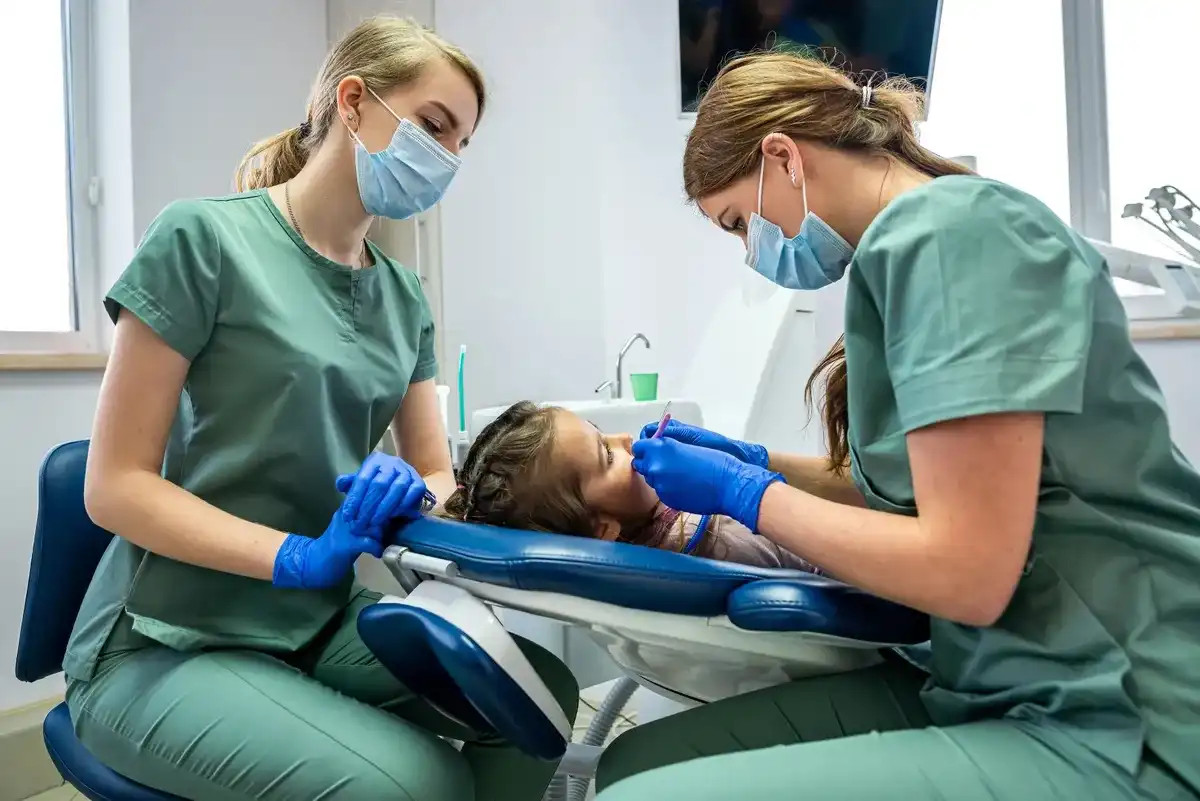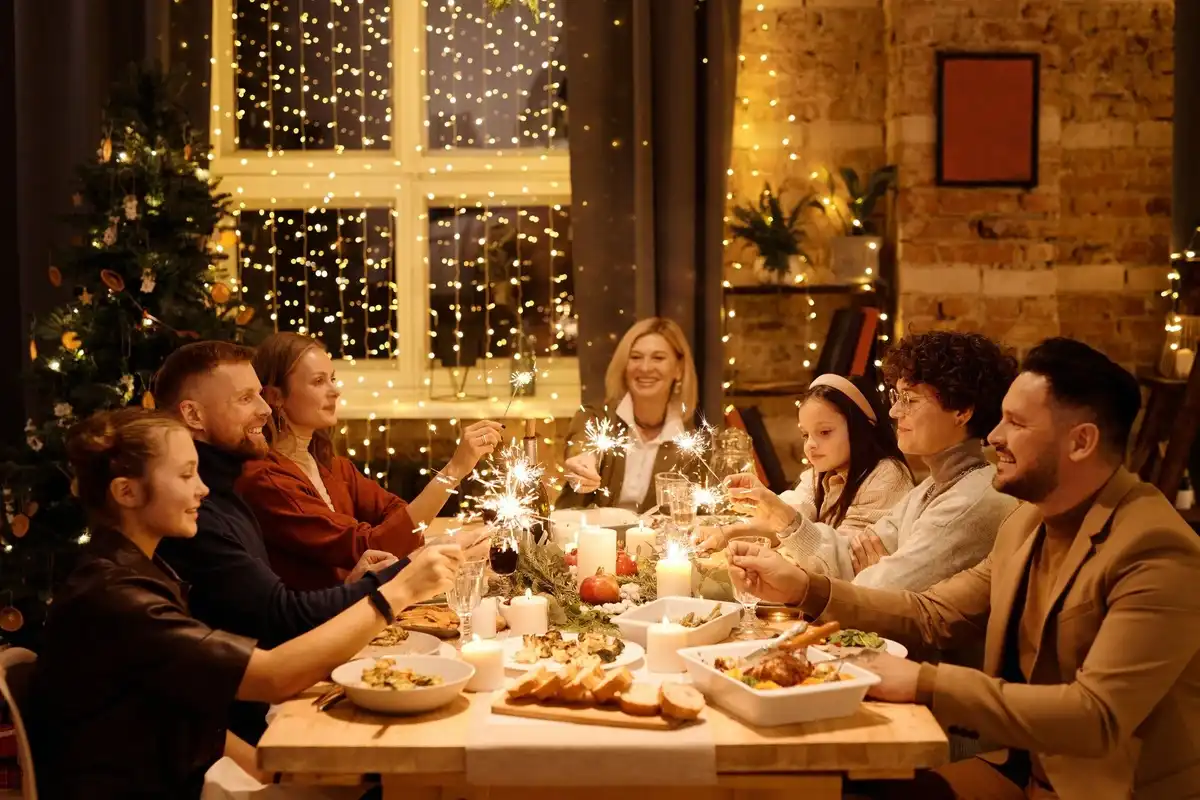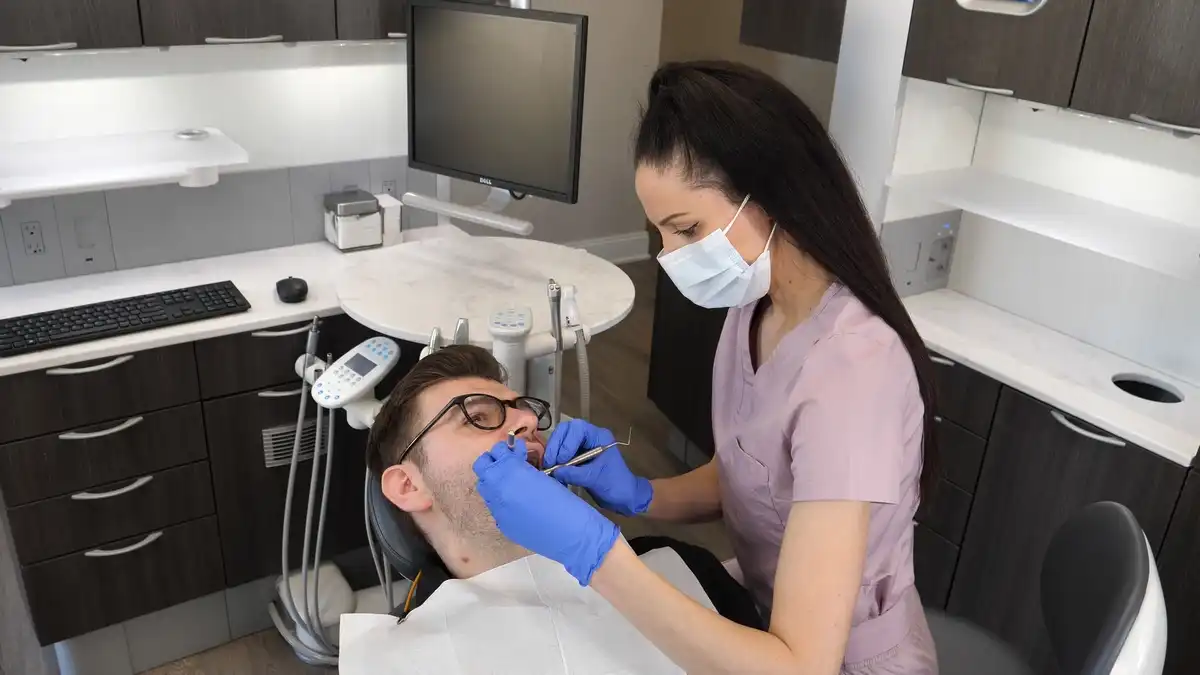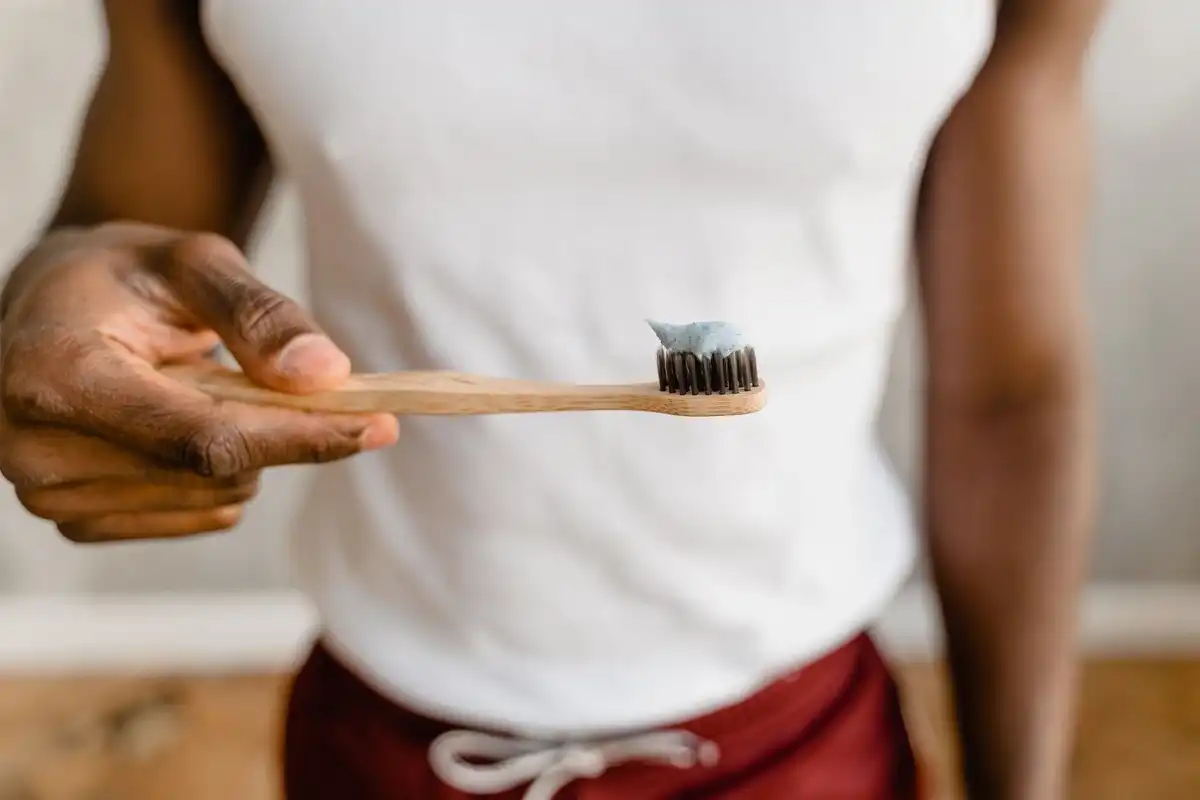Can I Become a Deaf or Hard-of-Hearing Dental Professional?

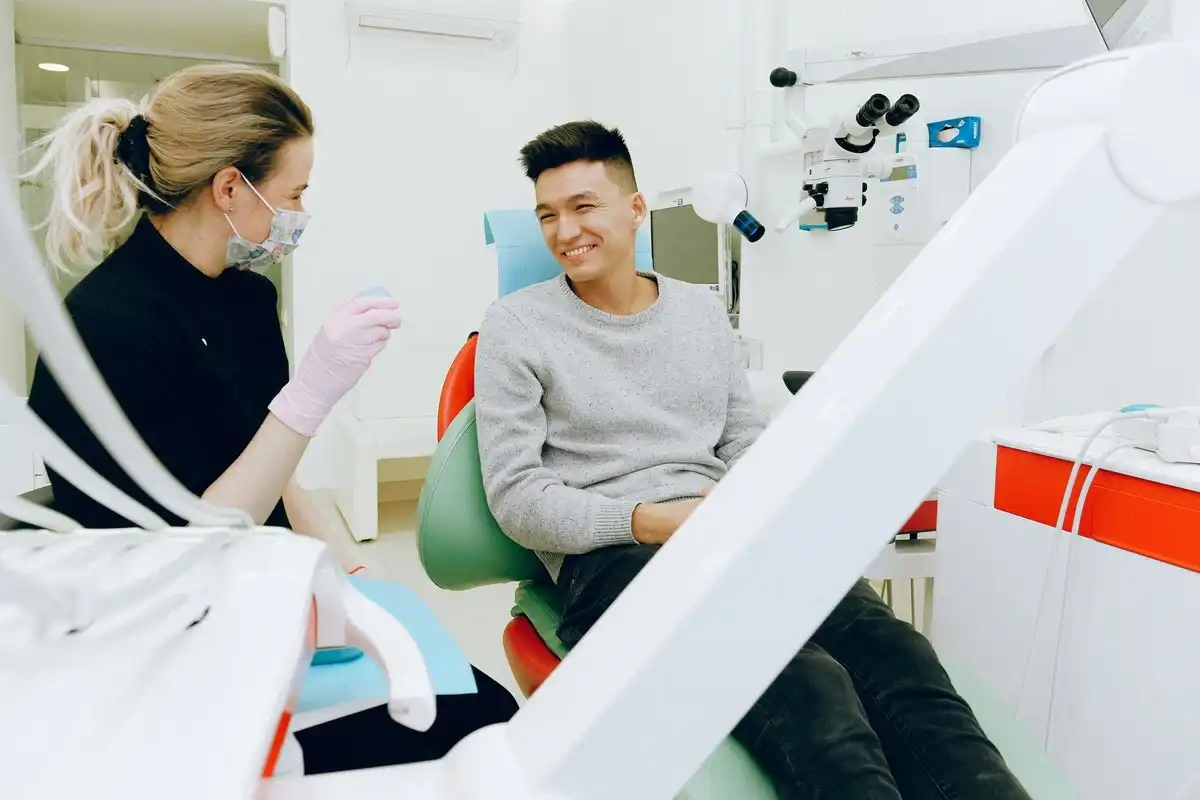
There are 1 in 6 people in this country who have some form of hearing loss. There is much research about how to treat or accommodate deaf or hard-of-hearing patients but, there is a lack of resources pertaining to how the deaf or hard of hearing can enter the dental profession.
Prior to writing this article, I was hoping to find data as to why there are not more deaf or hard-of-hearing dental professionals. I was curious how many of us are there? The data I gathered on my own is based upon small surveys and is not definitive. So, from my current knowledge, there are less than 1% of us. And, there are very few deaf or hard-of-hearing dental hygienists, but even more rare are deaf or hard-of-hearing dentists.
Can We Do This?
I have had many people say to me, “I’ve never met a dental hygienist who is deaf.” I was not shocked. I knew this. People thought I was insane for wanting to become a dental hygienist. I was aware of the challenges mask wearing would bring. The most difficult being the ability to communicate effectively. This challenge did not discourage me. Growing up with hearing loss has given me unique outlooks on life so I knew I would be making a positive impact on the lives of patients with disabilities.
I feel that there is not enough inclusion and acceptance in our industry. We are faced with discrimination and employers’ misconceptions of us. It is a challenge because of mask wearing, lip reading, and noise from equipment used in dental offices. With these barriers - employers do certainly have a hard time hiring a person with disabilities simply because they do not know how to provide accessibility.
In our line of work, the patient is ALWAYS the priority. We accommodate and modify communication, education and treatment styles based on the patient; but if the provider is experiencing their own struggles, then how will they provide the patient with the best treatment possible? To provide the patient with the most complete and comfortable care we need to be comfortable in our environment as well.
To become comfortable in our work environment, accommodations need to be made by the employer. The American Disability Act requires reasonable accommodations be made by employers to allow for people with disabilities to work. If you can perform the requirements of being hygienist then there is no reason why you should not get a chance to perform your job regardless of your disability or accommodations that need to be made.
Where Do I Start?
Simply by applying to any accredited Dental or Dental Hygiene program. Upon acceptance, notify the disability service center at your school. Another tip is to get together with the instructors early on to develop a clear understanding of how the disability is handled. Get a policy and procedure in place. There are plenty of accessibilities such as clear masks, automated blood pressure cuffs or even special stethoscopes for hearing aid/cochlear implants. Assistive technology is amazing these days. There’s CART which is a real time translation technology.
Hearing loss can vary from mild to severe. Some use oral speech, American Sign Language, or both. Both methods can be hard while performing dental treatments in school and the workforce. The instructor may be teaching us how to use a probe while you are the only person who cannot see her lips. You may have to chart for your fellow student but not only mask wearing is a challenge, there are tons of background noises in the clinic. The dentist may be doing an exam and you have completely missed out on the treatment plan discussions due to, again, mask wearing. Your co-workers may not know ASL which can cause communication conflicts. You may need more than one accommodation.
The Real Barrier
Fear. The stigma is incredibly real. Having a disability and trying to utilize accommodations can place pressure on us. Dental and Dental Hygiene school are both extremely competitive. When one is required to request accommodation because of their hearing loss, there is a lot of shame. It becomes difficult and uneasy among your peers. I often felt my accommodations were viewed as unfair advantages growing up and still presented the same shame as an adult going to hygiene school. That is where confidentiality comes in. It is a tricky one. It is in place for you as a student, no one must know you are with a disability besides the instructors.
Why Should They Hire Me?
When you hire someone with hearing loss, your office becomes that much more diverse thus bringing in more diverse patients is always a win-win. The team will learn to become compassionate and patient which in turn can create better team members. We are very adaptable. We, in the dead and hard-of-hearing community, are constantly faced with barriers every single day. We are also known to constantly put forth career advancements for better opportunities. We bring in a whole new perspective to the office.
(Note: The Rochester Institute of Technology and National Technical Institute for the Deaf offer workshops on how to better work with your deaf and hard-of-hearing employees. The Job Accommodation Network can also give employers more information on affordable accommodations for DHH employees.)
Respect. Inspire. Educate. Advocate.
To be treated with respect, you must treat others with respect. To give it, you must have it first and foremost, otherwise you do not have a gift to share. You, as a dental professional and student, can show others what it is like to act in the face of adversity. We can open the door for discussion of being integrated into the profession. We can represent patients of disability. We can advocate and set the example that the only limitations are the ones you place on yourself. We can be who we are and what we are destined to be.
Therefore, this is why I (@that.deaf.girl) am working on a non-profit scholarship foundation. Stay tuned!
(Note: The AMPHL can offer training to admissions committees that can help with understanding of the DoHH applicants. The University of Georgia has some great tips on how to teach your deaf or hard-of-hearing students here. The Coalition for Disability Access in Health Science Education has guidelines for faculty who have students with disabilities.)

Make your inbox smile!
Subscribe
